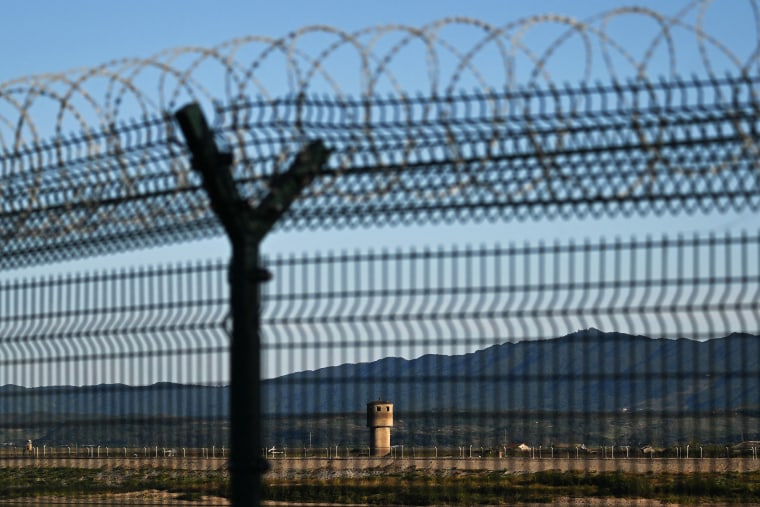HONG KONG — Up to 600 North Koreans have “vanished” after having been repatriated from China to the isolated communist country, where they are likely to face imprisonment and abuse at the hands of authorities, a rights group said Thursday.
No communication has been established with the North Koreans since they were forcibly deported from China in October in what the Transitional Justice Working Group, or TJWG, based in Seoul, South Korea, says is the largest mass repatriation of its kind in years.
The identities of most of the repatriated North Koreans also remain unknown, though more than 70% are estimated to be women.
Branded criminals and traitors by the North Korean regime, they are likely to face torture and sexual- and gender-based violence, imprisonment in concentration camps, forced abortions and execution, the group said as it urged the U.S. and other governments to condemn China’s actions as a violation of international norms.
“Unlike North Korea, China does actually care about its international reputation,” said Ethan Hee-Seok Shin, a legal analyst at TJWG, “and we believe that more forceful criticism and more forceful action from the U.S. side might make Beijing rethink its policy.”
Neither the Chinese nor the North Korean governments have directly acknowledged the mass deportation. The Chinese Foreign Affairs Ministry said at the time that there were no “so-called defectors” in China and that Beijing had always handled the issue in accordance with domestic and international law.
Shin said many of those forcibly returned to North Korea had been detained in neighboring China trying to escape to South Korea and other third countries. China has never recognized North Korean refugees as defectors, instead labeling them “economic migrants” who are in the country illegally.
The resumption of North Korean deportations from China, a decadeslong practice, was made possible by the reopening of North Korea’s borders in August after three years of pandemic isolation.
One of the few recently repatriated North Koreans whose identities are known is Kim Cheol Ok, who fled North Korea at the height of a devastating famine in 1998, when she was 14. She settled in a small town in the northeastern Chinese province of Jilin, where a human trafficker forced her into marriage with a Chinese man and she subsequently gave birth to a daughter.
Kim, who can no longer speak Korean, had been detained by Chinese authorities in April, missing the birth of her granddaughter.
“Not only are they sending these helpless North Koreans back home, but they’re also leaving these husbands without wives, children without their mothers,” said Shin, the TJWG legal analyst. “So the end result of all this is basically just destroying these families.”
Kim Cheol Ok’s sister, Kim Kyu Li, is set to speak at a TJWG event in New York on Thursday.
“My sister’s only crime was being born in North Korea,” she was quoted as saying in a news release. “All I want is for her to live in safety.”
On Oct. 9, hundreds of North Koreans were seen being transported in heavily guarded buses and vans from Chinese detention centers to five crossing points on the border with North Korea, TJWG said, citing several sources in China, as well as video. An estimated 300 crossed the border in one place alone, from the Chinese city of Tumen in Jilin province to the North Korean town of Onsong.
There are fears that as many as 1,500 other North Koreans being held in detention centers across China could also be deported in the coming months.
“They are sitting ducks, basically, waiting for their time,” Shin said.
